Ships that reduce their speed use less fuel, which lowers costs for shipping companies. The slow steaming practice also cuts nitrogen oxides (NOx) emissions. A study found that ships travelling on four European routes lowered their NOx emissions by 12% during the economic crisis of 2008/2009. Shipping continues to be a major way of transporting goods, however, and as the global economy recovers the researchers and civil society call for additional measures to reduce NOx emissions from shipping and improve air quality in Europe.
Nitrogen oxides (NOx = NO + NO2) are toxic air pollutants and greenhouse gases that are released in large quantities from human activities, such as the combustion of fossil fuels. They also react with other compounds in the air to form further products, including particulate matter and smog, which harm human health and the environment.
Shipping contributes around 15% of global NOx emissions1 . This study investigated how economic activity affects NOx emissions, and in particular, the changes to ship operations introduced as a result of the 2008–2009 economic crisis.
The researchers estimated NOx emissions from ships travelling along four European shipping lanes: the Mediterranean Sea, Bay of Biscay, North Sea, and Baltic Sea, for the period 2005–2012. They made their estimations using satellite observations of NO2 from the Dutch-Finnish Ozone Monitoring Instrument (OMI) on-board NASA’s Aura satellite combined with an atmospheric chemistry transport model. This type of model simulates the transport, chemistry, emissions and deposition of chemicals in the atmosphere.
They found that NOx emissions increased by around 15% a year from 2005–2008, in line with increasing world trade, but then fell sharply by 12%, from 2008–2009. From 2009 to 2012, emissions remained steady at the 2009 level. These results mirror the impact of the economic crisis of 2008–2009 on shipping, which caused a dramatic reduction in the volume of goods being traded by sea.
Faced with falling revenues from lack of demand and overcapacity in the industry, shipping companies have sought ways to reduce their costs. One measure introduced from 2008 was to lower the speed at which ships travelled, to use less fuel. The practice, called slow steaming, reduces a ships speed from around 20–25 knots (approximately 37–46 km/hour) to 16–19 knots (~ 30–35 km/hour).
To confirm that ships were indeed going slower, the researchers calculated the average speed of ships travelling through the Mediterranean Sea from 2005–2012. They combined satellite readings of a ship’s on-board Automatic Identification System, which tracks the vessel’s location, with the number of ships entering or leaving the Suez Canal in Egypt, where the majority of ships pass, to calculate an average ship speed.
They found that, in the 2008–2009 period, ships travelled at a speed 30% slower than 2005 speeds. They also remained at this level of speed until 2012.
These results indicate that the shipping industry has widely adopted and continued to operate the voluntary practice of slow steaming since 2008/2009. Nevertheless, due to the steadily decreasing land emissions as a result of national and EU emission control policies, ship NOx emissions as a share of total European NOx emissions from all sources, including land-based emissions, has risen from 11% in 2005 to 14% in 2012.
The researchers suggest that, in spite of the implementation of slow steaming, the shipping sector is responsible for an ever-larger share of European NOx emissions and further policy measures are needed to realise reduction rates in ship emissions, similar to reductions seen in the road transport and energy generation sectors. It is likely that European shipping NOx emissions will continue to grow as the global economy recovers, despite ships travelling slower, as shipping is a major way to transport goods.
Better monitoring of ship NOx emissions, however, will soon be possible with the launch of new satellites with space-borne sensors, such as Sentinel 4, which will monitor air quality, stratospheric ozone and solar radiation, and be used in climate monitoring and to support European policies.




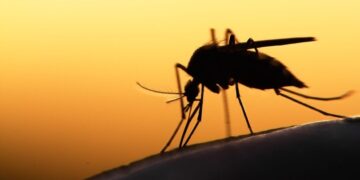

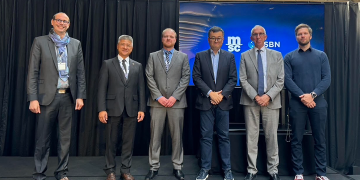
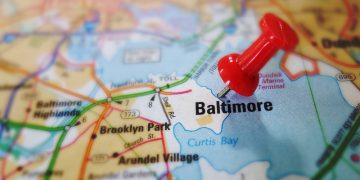




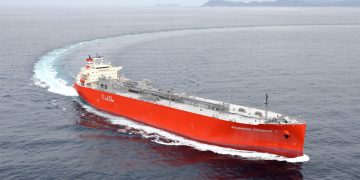
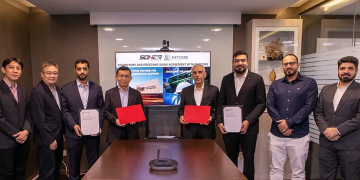









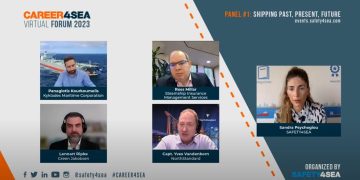
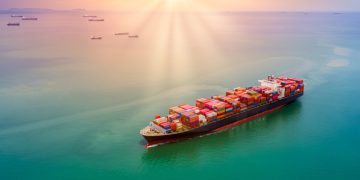
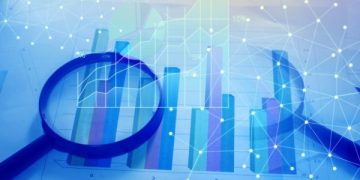
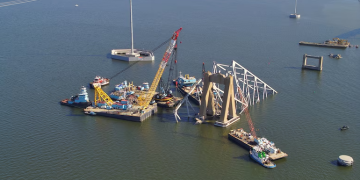


































Agreed that travelling slower reduces fuel consumption and shipping emissions but this can also have an adverse effect on vessels’ main engines not designed for slow steaming, as in the case of many container vessels; operating their main engines at lower loads has often resulted in more acidic condensates being generated, after which there is always a longer period for injection of lubricant on the cylinder liner.
Therefore, over a given period of time, less fresh lubricant is injected resulting in the effects of corrosion in the cylinder liner.